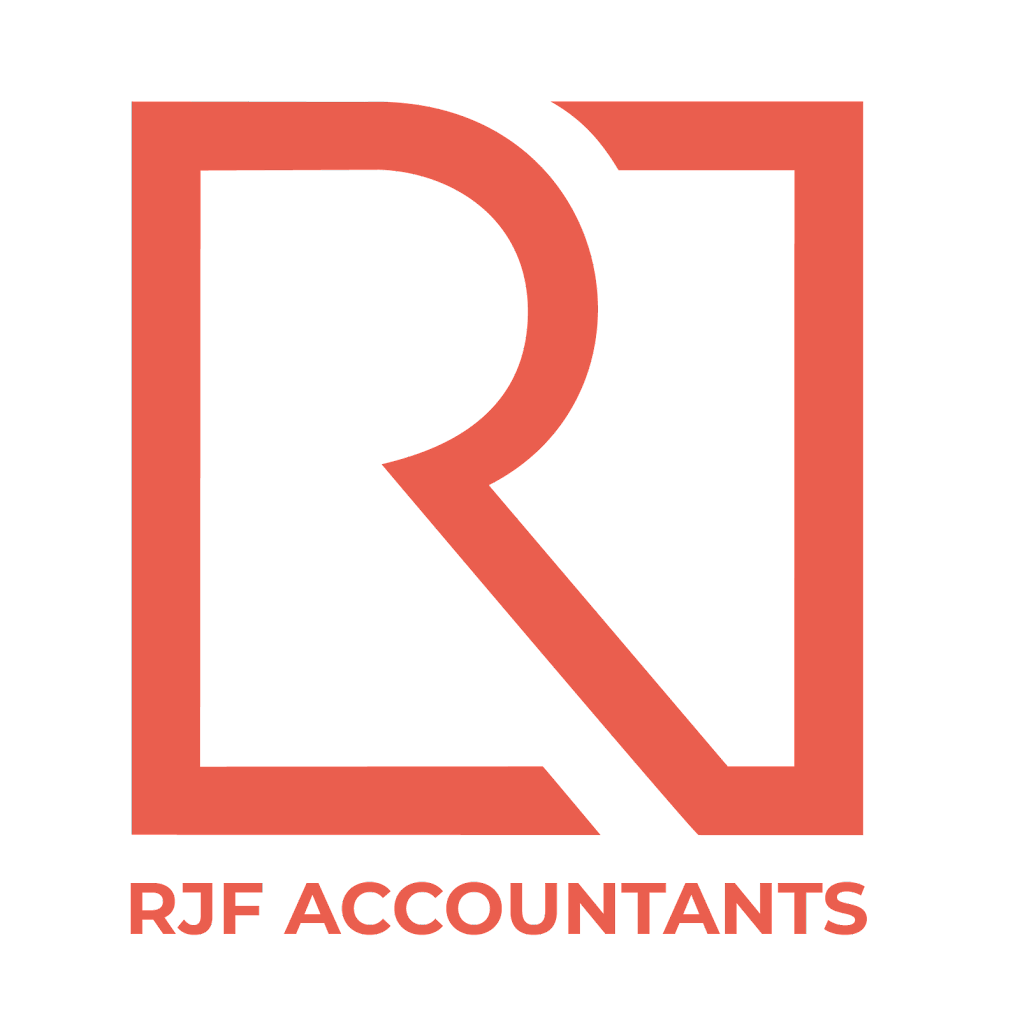Unfortunately, we all have to pay tax (unless you are Amazon of course….), no one likes it, and we all want to pay as little as possible, but where’s the line? Where does efficient tax planning meet avoidance and evasion?
Let’s start with what we do at RJF!
Blog Contents:
show
Efficient Tax Planning
As the name suggests this is ensuring your tax affairs are well structured, you are claiming all the reliefs allowed and you are generally operating in the most efficient manner using the rules and guidelines set out by HMRC.
Good examples of this are:
Drawing money from your company using a combination of salary and dividends. This is a popular way for many small businesses to draw an income. It saves on tax and national insurance. It’s perfectly acceptable and allowable.
Claiming R&D tax credits.
Again this is another scheme set up by HMRC to help companies fund new research. Many companies miss out on this because it can be complicated to apply for, but it’s allowable, legal and we actively encourage it. (There is perhaps an argument that HMRC makes some of these credits and reliefs hard to claim in purpose…. But I wouldn’t like to comment!)
Ensuring you claim for all valid business expenses
- Business mileage
- Subscriptions
- Postage
- etc
We did a big article on this a while ago, but making sure you are claiming for everything you should be is the right way to operate.
Efficient tax planning is about ensuring you are not paying a penny more in tax than you need to.
Tax avoidance
Tax avoidance is one of those grey areas. Technically it’s usually not seen as illegal, but it’s close and often the lines are blurred between avoidance and evasion.
So what is it?
Avoidance is when you are exploiting the taxation system to gain a tax advantage and dramatically reduce your tax bill. You are using the rules and boundaries set out by HMRC and then bending and stretching them to reduce your tax liability.
It’s not illegal and technically follows the letter of the law, but it’s not in the spirit of the law and that’s where the problem lies.
HMRC has this to say:
Tax avoidance involves bending the rules of the tax system to gain a tax advantage that Parliament never intended.
It often involves contrived, artificial transactions that serve little or no purpose other than to produce this advantage. It involves operating within the letter, but not the spirit, of the law.
Most tax avoidance schemes simply do not work, and those who use them may end up having to pay much more than the tax they tried to avoid, including penalties.
In other words, they acknowledge these schemes exist, but will and do clamp down on any schemes deemed to be set up purely for tax avoidance.
Remember: HMRC can take you to court, argue that what you are doing is tax avoidance, often the court will side with HMRC and you’ll be forced to pay more tax back and be worse off than when you started. HMRC wins about 90% of all tax avoidance cases that go to court.
Examples of high profile tax avoidance are:
Offshore wealth management schemes – famously used by Jimmy Carr
Music industry investment schemes – Used by members of the band Take That
Each of these was unravelled and whilst not illegal they were forced to pay much more tax than they ever saved. Combined with the legal bills and fines that came with it.
“Please pay £20m in 90 days sir”…. OUCH!
There are literally hundreds of schemes out there, from loans, to fuel cars, green schemes, gift aid avoidance… the list is never-ending.
A good rule of thumb is this:
If it sounds too good to be true, it usually is!
HMRC clamp down on these type of schemes and if discovered you could end up with a very hefty bill to pay.
We always recommend our clients stay well clear of any scheme set up purely for the purpose of avoiding tax.
Tax Evasion
Ah now, this one is certainly illegal!
You are well and truly over the line here. Tax evasion is a criminal offence with varying consequences from severe fines to jail time. Don’t do it kids!!
This covers anything and everything and is classed as fraud.
Common examples are:
- Taking cash for a job and not declaring that income
- Not charging VAT when you should
- Reclaiming more VAT that you should
- Falsifying your tax returns to lower your tax bill
- Creating fake invoices and expenses
- Underreporting income
You get the idea! Full-on lying, fraud, cheating… and it will usually catch up with you.
Don’t be tempted. I hear the food’s pretty unpleasant in prison!
If you want to save tax, speak to us and we’ll make sure you are claiming everything possible to reduce your tax liability. All correct, legal and above board.
Put more money in your pocket AND sleep soundly..

